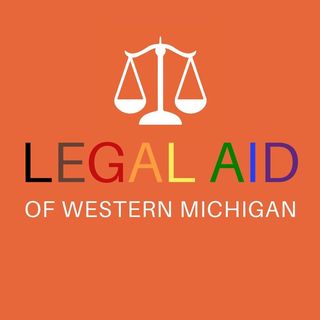Kalamazoo County, Michigan
Free legal advice or legal representation for people who cannot afford it.
Welcome to our Kalamazoo County, Michigan legal help and services page.
Legal Aid is for people who may not be able to afford an attorney. In order to qualify for legal aid at these non profit organizations listed below, you will need to contact them directly.
We provide the details of these offices to save you time in your search for legal aid. Our details include names, addresses, frequently asked questions, qualifications, etc where we can find them.
Legal aid services can include the following legal services for situations involving: Domestic violence, family law, housing rental evictions or home foreclosures, public assistance such as medicaid, food stamps, SSI Disability, SSDI benefits, public housing evictions, disability beneifts, etc.
Finding hard to locate resources for legal is what LegalAidOffices.com is all about. We scoured thousands of non profit resources to find as many local resources for free legal assistance as we can. View our listings below.
Search Results:
-
 Farmworker Legal Services of Michigan Email Website Learn more 3030 South 9th Street
Farmworker Legal Services of Michigan Email Website Learn more 3030 South 9th Street
Kalamazoo, MI - 49009
(269) 492-7190
Farmworker Legal Services (FLS) is a legal aid office with attorneys and other legal staff who provide free legal assistance and referrals to migrant and seasonal farmworkers throughout the state of Michigan. FLS assists with employment, benefits, housing, education and immigration. Hours of Oper...See Full Details
 Legal Aid of Western Michigan - Kalamazoo Office Email Website Learn more 201 W. Kalamazoo Ave.
Legal Aid of Western Michigan - Kalamazoo Office Email Website Learn more 201 W. Kalamazoo Ave.
Kalamazoo, MI - 49007
(269) 344-8113
Legal Aid of Western Michigan has a dedicated staff to provide legal assistance to eligible clients. Legal Aid provides legal advice and representation in a broad range of areas including consumer cases, family matters, housing problems, government benefits such as SSI, Food Stamps and Medicaid, an...See Full Details
Michigan Cities
Important Information
Legal Aid Funding
Legal aid professionals and organizations oftentimes receive government funding for taking on cases with those who cannot afford attorneys. For the most part, funding is limited so legal aid entities can only take on a limited amount of cases. Qualifications are often rigid.Resources